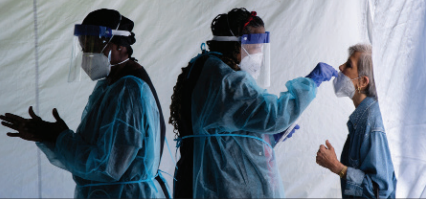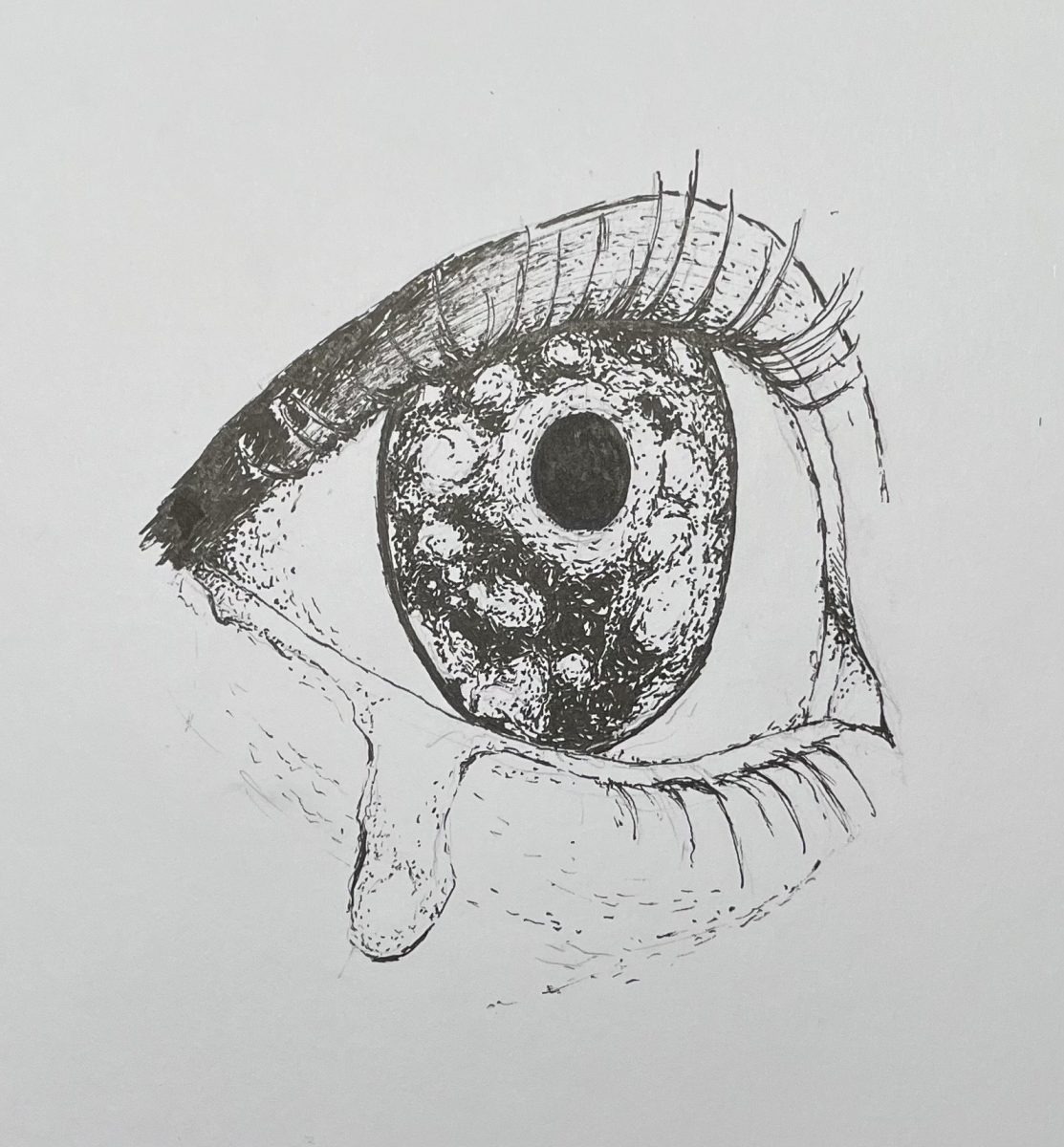Social media instills fear in teens and deprives them of academic confidence. Throughout the year, especially as college admissions season approaches its peak, social media becomes a space for individuals to post their stats, acceptances, and achievements. Accomplished students share their journey in high school and exemplify their greatest strengths as an offer of support to current seniors who are applying to schools. Others analyze SAT scores, college essays, and extracurriculars on social media in order to provide feedback on what creates a strong applicant. Many find this genre of content helpful and informative, yet the negative mental health impact this culture creates is significantly overlooked. It must be acknowledged that what is displayed on social media is not always achievable and does not accurately convey the value of education.
“Stats that got this student into…” is a commonly used phrase on social media platforms, specifically TikTok. A swarm of creators have designated their pages to reviewing student profiles and discussing their college acceptances and rejections. Creators such as Lim my Talks and Mahad the Mentor have accumulated over almost one million followers combined. The output of content is intentionally made to grasp the attention of already stressed and anxious high school students search ing for guidance. This type of content can invoke fear among students. While commitment to education is important, it should not be a constant weight on one’s mind.
The college consulting agency Blue Ivy reports that social media can magnify the feeling of anxiety during the high-stakes process of applying to college. Blue Ivy further states that the emphasis of academic achievement establishes the harmful myth that the prestige of a school directly correlates to the value of the students. This leads to a decline in student self worth. Applying to universities is an already stress-ridden process and the overwhelming pressure social media applies onto students is considerably harmful to their mental health. Forbes observes a similar trend of students’ mental health declining during the time of college admissions. Students described feeling as if they were running on a treadmill of impossible expectations, riddled with the constant fear of not doing enough, resulting in a dent in their future aspirations. Social media only height ens the overbearing expectations imposed on high-schoolers. While many teens utilize social media as a method of relaxation and down time, it becomes anything but an escape from the crushing pressure to “succeed.”
At CRLS, students are incredibly dedicated, ambitious and passionate. Success should never be calculated through the digits on an SAT score, or the complexity of extracurricular activities. The four year journey of persistence and hard work is what gives education its value. Every journey remains unique to the individual experiencing it. The regular comparison on social media disregards the foundational virtue of education; the passion to wield knowledge. Quantitative data on your application does not accurately reflect your intelligence, nor does it sum up your value as a student or human. No matter what school you attend at the end, your impact on the world goes beyond a prestigious title, instead, it lies in the impact you made while you were here.
This article also appears in our February 2025 print edition.













